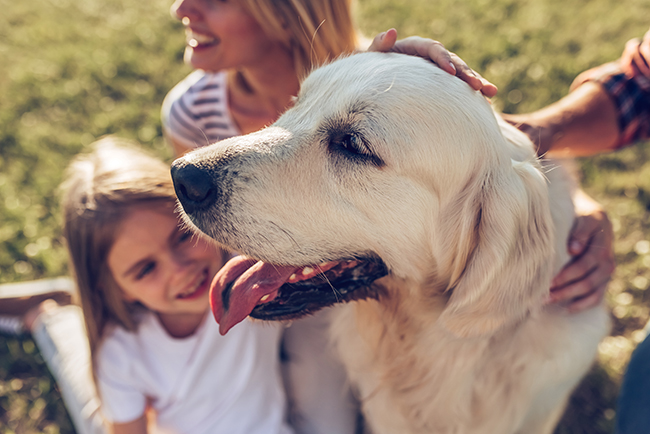What to look for when choosing a new canine household member.
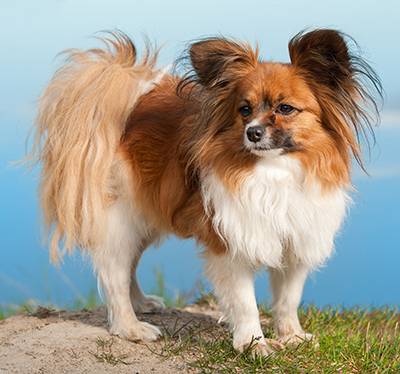
©Andreas Gradin/Adobe Stock
There’s nothing more exciting than welcoming a new canine to the family. However, when it comes to selecting a particular dog, knowing which breeds are more family-friendly than others can help prevent certain behavior or housekeeping issues from arising. In addition to researching size, daily care and grooming needs, you should also take in to account a dog’s unique breed characteristics and personality traits.
When assessing family-friendly personality and behavior traits, it’s important to also consider how a particular dog will fit in with your family’s lifestyle, said Geralynn Cada-Ragan, dog trainer, pet blogger and one of the recipients of the 2018 Pet Age Icon Award.
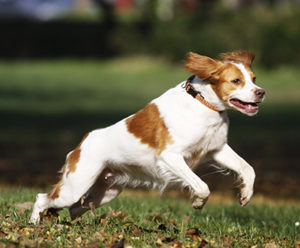
©katpaws/Adobe Stock
“A breed’s exercise needs and energy levels are very important to take into consideration,” Cada Ragan said. “Can you offer a dog who loves to play lots of opportunities for playtime, long walks and runs? Or, is a more relaxed lap dog who is content to be sprawled next to you on the couch watching TV a better family fit.”
Here is a quick look at a few breeds recommended by Cada-Ragan. If you would rather adopt a dog than buy one, there are numerous rescue organizations that focus on specific purebred canines.
Small Breeds
Toy Poodles: intelligent and highly trainable, they are good with children and other animals as long as they are well socialized. (Miniature and Standard Poodles also make great family dogs.)
Papillions: friendly toward almost everyone, including children and other animals, they are much hardier than they look.
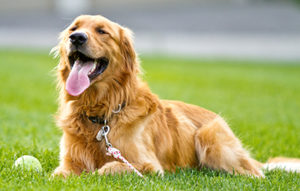
©David Conger/Adobe Stock
Medium Breeds
Brittany Spaniels: good-natured, lively, easily trainable and intelligent, they are friendly and love outdoor activities.
Beagles: good-natured but independent minded, they are outgoing and friendly and get along with children and other animals.
Large Breeds
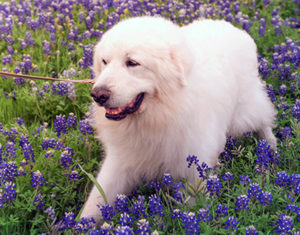
©trongnguyen/Adobe Stock
Golden Retrievers: very outgoing, they are friendly and playful and even tempered.
Labrador Retrievers: enthusiastic about everything, they make great family dogs.
Giant Breeds
Newfoundlands: gentle dogs known to be excellent with children; they love water.
Great Pyrenees: a stable, loyal and confident breed, they are affectionate and gentle and protective of family members.
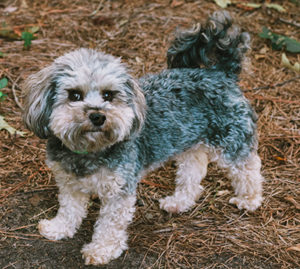
©Amy/Adobe Stock
There are also designer/hybrid breeds that make great family dogs such as the Yorkiepoo (Poodle/Yorkshire terrier), Puggle (Pug/Beagle), Laxer (Labrador/Boxer) and GPSD (Great Pyrenees/German Shepherd), Cada-Ragan noted.
If you are adopting dog from a shelter, it can be difficult to determine what breed(s) he or she is. This is where a doggie DNA test will be your new best friend.
I recently conducted Wisdom Panel Health DNA test of a dog my son Evan adopted from a shelter in San Diego. Riley had been rescued from a high-kill shelter in Louisiana and flown to California to find her forever home. Shelter workers knew little about her history and even less about her breed make-up. It was a total guessing game
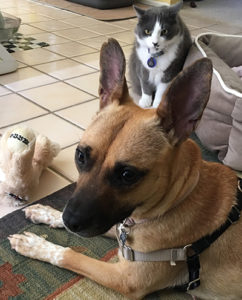
Her DNA test revealed she is 62.5 percent American Staffordshire Terrier, 12.5 percent Shih Tzu and 25 percent from the following breed groups: terrier, sporting, herding and hound. Armed with this information gave us better insight into her personality and innate behavior traits. Turns out, Riley is true to type for American Staffordshire Terriers; she is gentle and friendly with adults and children, and she loves cats. She is the perfect family-friendly dog.
If you prefer to adopt, your new family member could be waiting for you at a shelter and a DNA test can tell you everything you need to know.



